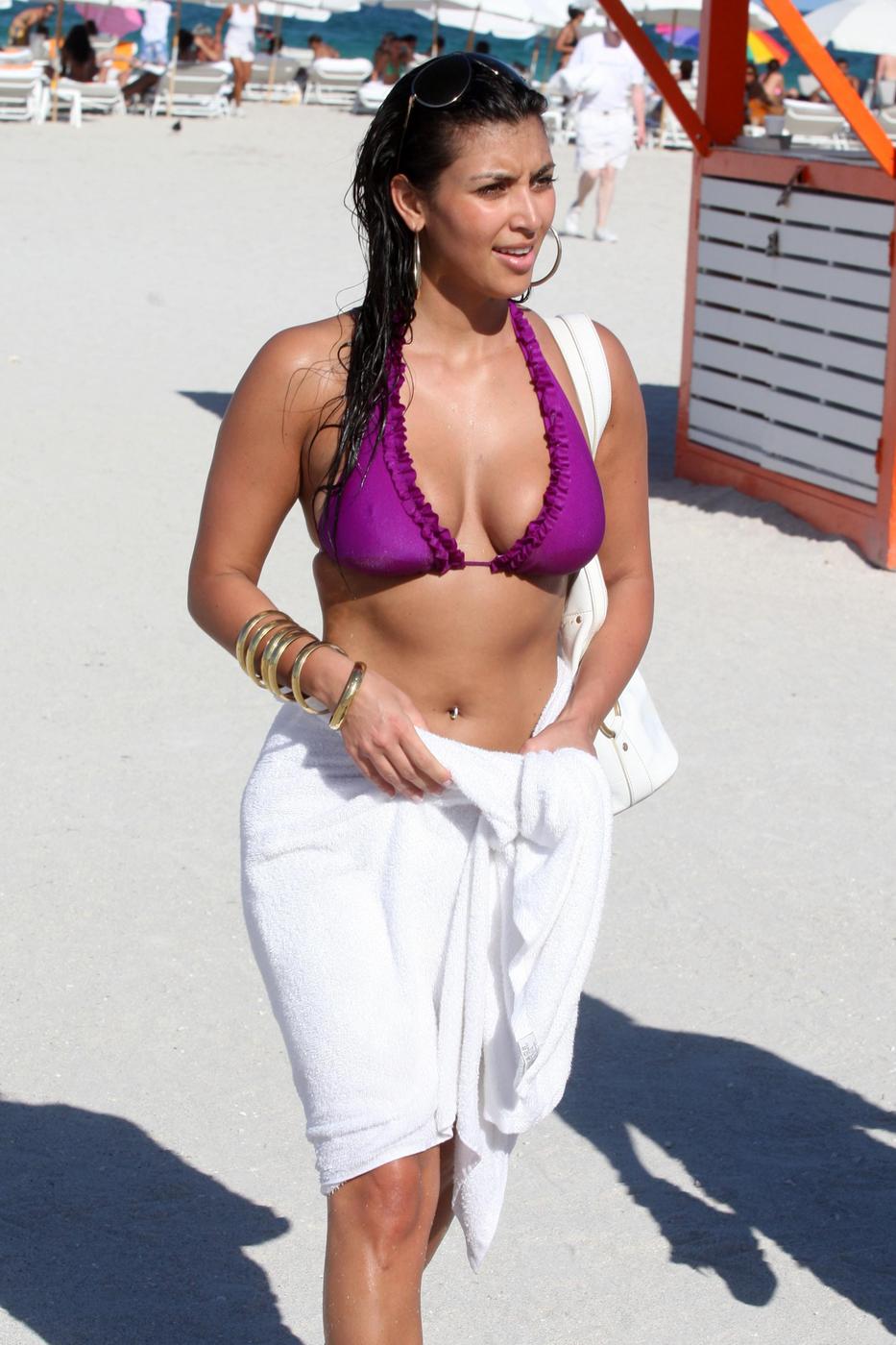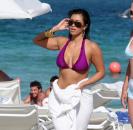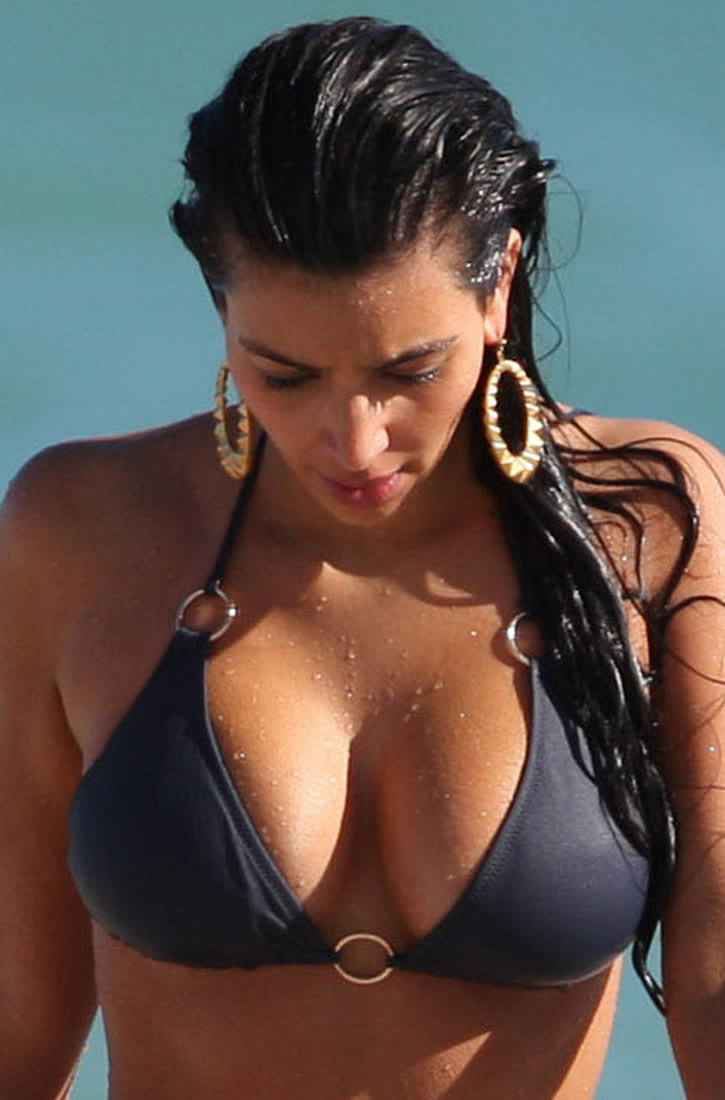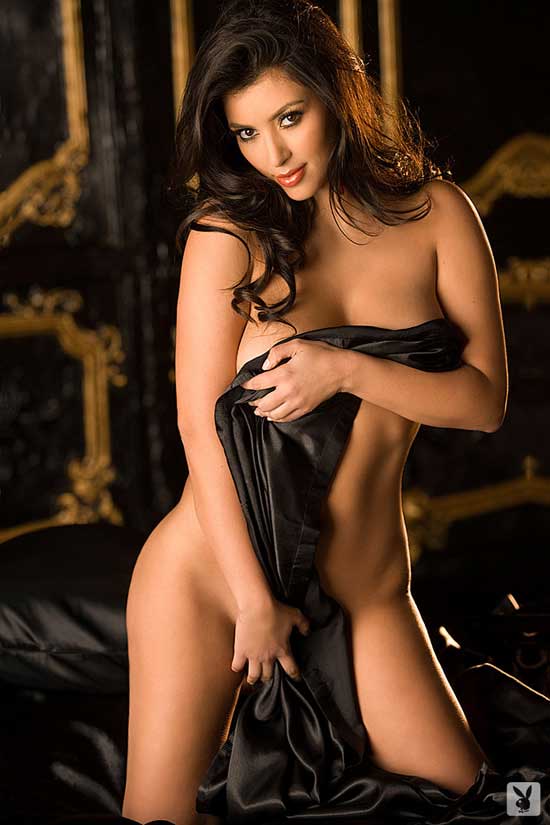|
|
|---|
Thursday, October 14, 2010
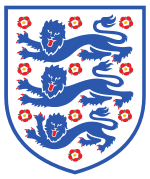
England national football team
| Nickname(s) | Three Lions | ||
|---|---|---|---|
| Association | The Football Association | ||
| Confederation | UEFA (Europe) | ||
| Head coach | Fabio Capello | ||
| Asst coach | Italo Galbiati Franco Baldini | ||
| Captain | Rio Ferdinand | ||
| Most caps | Peter Shilton (125) | ||
| Top scorer | Sir Bobby Charlton (49) | ||
| Home stadium | Wembley Stadium | ||
| FIFA code | ENG | ||
| FIFA ranking | 6 | ||
| Highest FIFA ranking | 4 (December 1997, September 2006) | ||
| Lowest FIFA ranking | 27 (February 1996) | ||
| Elo ranking | 6 | ||
| Highest Elo ranking | 1 (1872–1876 1892–1911 1966–1970 1987–1988) | ||
| Lowest Elo ranking | 13 (1936) | ||
| |||
| First international | |||
(Partick, Scotland; 30 November 1872) | |||
| Biggest win | |||
(Belfast, Ireland; 18 February 1882) | |||
| Biggest defeat | |||
(Budapest, Hungary; 23 May 1954) | |||
| World Cup | |||
| Appearances | 13 (First in 1950) | ||
| Best result | Winners: 1966 | ||
| European Championship | |||
| Appearances | 7 (First in 1968) | ||
| Best result | Third: 1968 Semifinals: 1996 | ||
England are one of eight national teams to have won the FIFA World Cup, which they did in 1966 when they hosted the finals. They defeated West Germany 4–2 in extra time in the final. Since then their best performance at a World Cup was a fourth place finish in 1990. They reached the semifinals of the UEFA European Championship in 1968 and 1996. They were the most successful of the Home Nations in the British Home Championship with 54 wins (including 20 shared wins) before the competition was suspended in 1984.
The traditional rival of England is Scotland; the England and Scotland football rivalry began when they became opponents in the representative matches of the 1870s. As regular fixtures against Scotland came to an end in the late 1980s, rivalries with other national teams have become more prominent. Matches against Argentina and Germany have produced particularly eventful encounters.
History-
Main article: History of the England national football team
The England national football team is the joint oldest in the world; it was formed at the same time as Scotland. A representative match between England and Scotland was played on 5 March 1870, having been organised by the Football Association. A return fixture was organised by representatives of Scottish football teams on 30 November 1872. This match, played at Hamilton Crescent in Scotland, is viewed as the first official international football match because the two teams were independently selected and operated, rather than being the work of a single football association. Over the next forty years, England played exclusively with the other three Home Nations—Scotland, Wales and Ireland—in the British Home Championship.To begin with, England had no permanent home stadium. They joined FIFA in 1906 and played their first ever games against countries other than the Home Nations on a tour of Central Europe in 1908. Wembley Stadium was opened in 1923 and became their home ground. The relationship between England and FIFA became strained and this resulted in their departure from FIFA in 1928, before rejoining in 1946. As a result, they did not compete in a World Cup until 1950, in which they were beaten in a 1–0 defeat by the United States, failing to get past the first round. Their first ever defeat on home soil to a non-UK team was a 0–2 loss to the Republic of Ireland on 21 September 1949 at Goodison Park. A 6–3 loss in 1953 to Hungary, was their first ever defeat at Wembley by a team from outside of the British Isles. In the return match in Budapest, Hungary won 7–1. This still stands as England's worst ever defeat. After the game, a bewildered Syd Owen said, "it was like playing people from outer space".
In the 1954 World Cup, two goals by Ivor Broadis saw him become the first England player to score two goals in a game at the World Cup finals. He beat Nat Lofthouse by 30 minutes when both scored 2 each in a thrilling 4–4 draw against Belgium. After reaching the quarterfinals for the first time, England lost 4–2 to Uruguay.
Although Walter Winterbottom was appointed as England's first ever full time manager in 1946, the team was still picked by a committee until Alf Ramsey took over in 1963. The 1966 World Cup was hosted in England and Alf Ramsey guided England to victory with a 4–2 win against West Germany in the final, in which Geoff Hurst famously scored a hat-trick. England qualified for the 1970 World Cup in Mexico as reigning cup holders. They reached the quarterfinals but were knocked out by West Germany. England had been 2–0 up but were eventually beaten 3–2 after extra time. They failed to qualify for the 1974 and 1978 World Cups. They qualified, under Ron Greenwood, for the 1982 World Cup in Spain and were eliminated from the second round without losing a match. The team under Bobby Robson fared better as England reached the quarterfinals of the 1986 World Cup and finished fourth in the 1990 World Cup.
The 1990s saw four England managers, each in the role for a relatively brief period. Graham Taylor was Robson's successor, but left after England failed to qualify for the 1994 World Cup. At Euro 96, held in England, Terry Venables led England to their best performance at a European Championship, reaching the semifinals. He resigned following investigations into his financial activities and his successor, Glenn Hoddle, similarly left the job for non-footballing reasons after just one international tournament—the 1998 World Cup—in which England were eliminated in the second round. Following Hoddle's departure, Kevin Keegan took England to Euro 2000, but performances were disappointing and he resigned shortly afterwards.
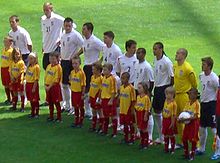
The England team during the 2006 FIFA World Cup.
Steve McClaren was appointed as head coach. His reign yielded little success, with England failing to qualify for Euro 2008. McClaren resigned on 22 November 2007 after only 16 months in charge. This made him the shortest-lasting full time England manager since the inauguration of the post in 1946. He was replaced on 14 December 2007 by the former Real Madrid and AC Milan manager Fabio Capello. Capello took charge of his first game on 6 February 2008 against Switzerland, in which England won 2–1. Under Capello, England won all but one of their qualifying games for the 2010 World Cup. A 5–1 victory over Croatia at Wembley ensured the team qualified for the final tournament with two games to spare, a feat that had never been achieved before.
The 2010 World Cup itself, however, turned out to be a huge disappointment. England drew their opening two games leading to questions about the team's spirit, tactics and ability to handle pressure. They progressed to the next round, where they were beaten 4–1 by Germany, their heaviest defeat in a World Cup
Home stadium-
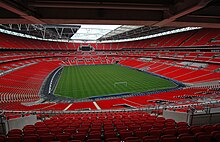
Further information: England national football team home stadium
For the first 50 years of their existence, England played their home matches all around the country. They initially used cricket grounds before later moving on to football clubs' stadiums. The original Empire Stadium was built in Wembley, located in Brent, London, and was constructed for the British Empire Exhibition. England played their first match at the stadium in 1924 against Scotland and for the next 27 years Wembley was used as a venue for matches against Scotland only. The stadium later became known simply as Wembley Stadium and it became England's permanent home stadium during the 1950s. This stadium was demolished in 2001 and work began to completely rebuild it. During this time, England played at various different venues across the country. They returned to the new Wembley Stadium in 2007. The stadium is now owned by the Football Association via its subsidiary Wembley National Stadium Limited.This stadium is criticized for the state of the pitch. The playing standard is not up to the standards expected after all the millions were spent on the stadium. However, recent fixtures placed at Wembley have shown the pitch to have greatly improved.
Media coverage-
All England matches are broadcast with full commentary on BBC Radio 5 Live. From the 2008–09 season to the 2011–12 season, England's home qualifiers and away friendlies are being shown live on ITV. Away qualifiers and home friendlies were shown live on Setanta Sports until the company went into administration in June 2009. No broadcaster has currently been chosen to take over these games with the FA looking for a replacement. As a result of Setanta Sports's demise, England's World Cup qualifier in Ukraine on 10 October 2009 was shown in the UK on a pay-per-view basis via the internet only. This one-off event was the first time an England game had been screened in such a way. The number of subscribers, paying between £4.99 and £11.99 each, was estimated at between 250,000 and 300,000 and the total number of viewers at around 500,000.In Australia, England home games and selected away games are broadcast by Setanta Sports Australia.
Colours-
| England's Sweden-style third kit from 1973 |
On 28 March 2009, Umbro designed a retro all white home kit, which debuted in a 4–0 friendly victory over Slovakia at Wembley. This kit replaces the traditional navy blue shorts with white shirts. However, the traditional navy blue shorts were used during the team's 1–0 loss against Ukraine on 10 October 2009.
The traditional England away colours are red shirts, white shorts and red socks, although England did not need an away kit until they played against a non-UK side. From 1945 to 1952, England wore a blue away kit. In 1996, England's away kit was changed to grey shirts, shorts and socks. This kit was worn against Bulgaria, Germany and Georgia but the deviation from the traditional red was unpopular with supporters and since then the England away kit has remained red. The red kit is also sometimes worn during home matches, when a new edition has been released in order to promote it
England have occasionally had a third kit as well. At the 1970 World Cup England wore a third kit with light blue shirts, shorts and socks against Czechoslovakia. They had a kit similar to Sweden's, with yellow shirts, yellow socks and blue shorts in 1973, which they wore against Czechoslovakia, Poland and Italy. Between 1986 and 1992 England had pale blue third kits which were rarely used.
Charity support-
England players donate all their pay for international matches to charity causes via the Team England Footballers Charity, which in 2009 was raising awareness about bowel cancer.Recent results-
Main article: England national football team results
2010 FIFA World Cup finals-
The 2010 World Cup draw, which took place on 4 December 2009, placed England in Group C. They drew their first match against the United States 1–1 on 12 June and followed that with a goalless draw against Algeria on 18 June. Their final group match finished in a 1–0 win over Slovenia on 23 June, resulting in the team qualifying for the Round of 16 as runners-up in Group C. England then suffered their worst ever World Cup finals defeat on 27 June, when they lost to Germany 4–1. Post tournament statistics from FIFA named the campaign as England's worst performance at a World Cup Finals, being ranked 13th overall. Previously their worst placing at a finals had been 11th in the 1958 tournament.| 12 June 2010 20:30 | England | 1 – 1 | Royal Bafokeng Stadium, Rustenburg Attendance: 38,646 Referee: Carlos Eugênio Simon (Brazil) | |
|---|---|---|---|---|
| Gerrard | Report | Dempsey |
| 18 June 2010 20:30 | England | 0 – 0 | Cape Town Stadium, Cape Town Attendance: 68,100 Referee: Ravshan Irmatov (Uzbekistan) | |
|---|---|---|---|---|
| Report |
| 23 June 2010 16:00 | Slovenia | 0 – 1 | Nelson Mandela Bay Stadium, Port Elizabeth Attendance: 36,893 Referee: Wolfgang Stark (Germany) | |
|---|---|---|---|---|
| Report | Defoe |
|
| 27 June 2010 16:00 | Germany | 4 – 1 | Free State Stadium, Bloemfontein Attendance: 40,510 Referee: Jorge Larrionda (Uruguay) | |
|---|---|---|---|---|
| Klose Podolski Müller | Report | Upson |
Friendly matches 2009–10:
England's score is written first.| Opponents | Venue | Date | Result |
|---|---|---|---|
| Estadio Ramón Sánchez Pizjuán, Seville | 11 February 2009 | 0–2 | |
| Wembley Stadium, London | 28 March 2009 | 4–0 | |
| Amsterdam Arena, Amsterdam | 12 August 2009 | 2–2 | |
| Wembley Stadium, London | 5 September 2009 | 2–1 | |
| Khalifa International Stadium, Doha | 14 November 2009 | 0–1 | |
| Wembley Stadium, London | 3 March 2010 | 3–1 | |
| Wembley Stadium, London | 24 May 2010 | 3–1 | |
| UPC-Arena, Graz | 30 May 2010 | 2–1 | |
| Wembley Stadium, London | 11 August 2010 | 2–1 |
Upcoming fixtures:
Friendly matches-
England's score is written first.| Opponents | Venue | Date | Result |
|---|---|---|---|
| Wembley Stadium, London | 17 November 2010 | – | |
| TBC | 9 February 2011 | – | |
| Rajamangala Stadium, Bangkok | June 2011 | – | |
| Wembley Stadium, London | 10 August 2011 | – |
UEFA Euro 2012 qualification – Group G:
|
|
| 3 September 2010 20:00 UTC+1 | England | 4 – 0 | Wembley Stadium, London Attendance: 73,246 Referee: Viktor Kassai (Hungary) | |
|---|---|---|---|---|
| Defoe A. Johnson | Report |
| 7 September 2010 20:45 UTC+2 | Switzerland | 1 – 3 | St. Jakob Park, Basel Attendance: 39,700 Referee: Nicola Rizzoli (Italy) | |
|---|---|---|---|---|
| Shaqiri | Report | Rooney A.Johnson Bent |
| 12 October 2010 20:00 UTC+1 | England | 0 – 0 | Wembley Stadium, London Attendance: 73,451 Referee: Manuel Grafe (Germany) | |
|---|---|---|---|---|
| Report |
| 26 March 2011 | Wales | v | Millennium Stadium, Cardiff | |
|---|---|---|---|---|
| 4 June 2011 | England | v | Wembley Stadium, London | |
|---|---|---|---|---|
| 2 September 2011 | Bulgaria | v | Vasil Levski, Sofia | |
|---|---|---|---|---|
| 6 September 2011 | England | v | Wembley Stadium, London | |
|---|---|---|---|---|
| 7 October 2011 | Montenegro | v | Podgorica City Stadium, Podgorica | |
|---|---|---|---|---|
Squad:
Current squad-
Below is the squad for the Euro 2012 qualifier against Montenegro.Caps and goals updated as of 12 October 2010.
| # | Pos. | Player | Date of Birth (Age) | Caps | Goals | Club | ||
|---|---|---|---|---|---|---|---|---|
| 1 | GK | Joe Hart | 19 April 1987 (1987-04-19) (age 23) | 7 | 0 | |||
| GK | Robert Green | 18 January 1980 (1980-01-18) (age 30) | 11 | 0 | ||||
| GK | Ben Foster | 3 April 1983 (1983-04-03) (age 27) | 4 | 0 | ||||
| 5 | DF | Rio Ferdinand | 7 November 1978 (1978-11-07) (age 31) | 79 | 3 | |||
| 2 | DF | Glen Johnson | 23 August 1984 (1984-08-23) (age 26) | 30 | 1 | |||
| DF | John Terry* | 7 December 1980 (1980-12-07) (age 29) | 65 | 6 | ||||
| 3 | DF | Ashley Cole | 20 December 1980 (1980-12-20) (age 29) | 86 | 0 | |||
| DF | Phil Jagielka* | 17 August 1982 (1982-08-17) (age 28) | 6 | 0 | ||||
| DF | Stephen Warnock | 12 December 1981 (1981-12-12) (age 28) | 1 | 0 | ||||
| 6 | DF | Joleon Lescott | 16 August 1982 (1982-08-16) (age 28) | 11 | 0 | |||
| DF | Gary Cahill | 19 December 1985 (1985-12-19) (age 24) | 1 | 0 | ||||
| 4 | MF | Steven Gerrard | 30 May 1980 (1980-05-30) (age 30) | 88 | 19 | |||
| MF | Jack Wilshere | 1 January 1992 (1992-01-01) (age 18) | 1 | 0 | ||||
| MF | Joe Cole | 8 November 1981 (1981-11-08) (age 28) | 56 | 10 | ||||
| MF | Stewart Downing | 22 July 1984 (1984-07-22) (age 26) | 23 | 0 | ||||
| MF | Tom Huddlestone | 28 December 1986 (1986-12-28) (age 23) | 3 | 0 | ||||
| 8 | MF | Gareth Barry | 23 February 1981 (1981-02-23) (age 29) | 43 | 2 | |||
| 11 | MF | Adam Johnson | 14 July 1987 (1987-07-14) (age 23) | 5 | 2 | |||
| 7 | MF | Ashley Young | 9 July 1985 (1985-07-09) (age 25) | 10 | 0 | |||
| 15 | MF | Shaun Wright-Phillips | 25 October 1981 (1981-10-25) (age 28) | 36 | 6 | |||
| MF | Aaron Lennon* | 16 April 1987 (1987-04-16) (age 23) | 19 | 0 | ||||
| 10 | FW | Wayne Rooney | 24 October 1985 (1985-10-24) (age 24) | 68 | 26 | |||
| FW | Darren Bent* | 6 February 1984 (1984-02-06) (age 26) | 7 | 1 | ||||
| 9 | FW | Peter Crouch | 30 January 1981 (1981-01-30) (age 29) | 41 | 21 | |||
| 18 | FW | Kevin Davies | 26 March 1977 (1977-03-26) (age 33) | 1 | 0 | |||
- * = Pulled out due to injury.
Under Capello, England won all but one of their qualifying games for the 2010 World Cup. A 5–1 victory over Croatia at Wembley ensured the team qualified ...
3 Jun 2010 ... FIFA World Cup 2010: England 23 Players Soccer team Squad Announced - England coach Fabio Capello made several surprise selections in this game.
This army is England's national soccer team, The Three Lions. The year 1966 will forever ... England – the road to the 2010 FIFA World Cup in South Africa .
Capello: We are a good team · Kevin Davies (England and . ... Get free and unlimited access to the 2010 FIFA World Cup mode in EA SPORTS FIFA Online! ... I am Brazilian and here in Brazil people love soccer so much I played in the team
Stevie on England draw 13 Oct 2010. Steven Gerrard couldn't hide his frustration ... Liverpool's Sports Science and medical team have devised a special .
see always for more then one-
From Wikipedia-
0 Comments:
Subscribe to:
Post Comments (Atom)

